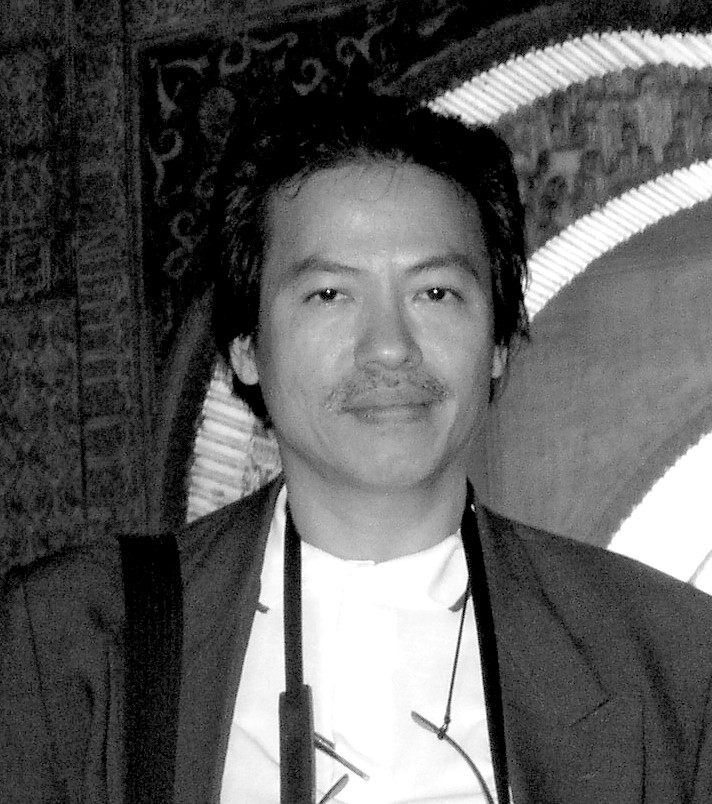Undoubtedly, Malaysia’s nation-building concerns have been overshadowing Penang’s inherent cosmopolitanism. This process is so intrusive that even the resistance to it tends to simplify the very cultural diversity it seeks to defend. But since regionalism is the future, there is hope for Penang. It can definitely draw future benefits from its past regionalism.
Penang is a given regional hub. It is located in such a way that it has acted as the cultural and economic centre for not only northern Malaysia but also southern Thailand, the northern Sumatran province of Aceh, and even the eastern seaboard of the Indian Ocean.
But how small Penang has become of late. This is clearly reflected in the identification of the Penangite himself. When Penang is mentioned today, people tend to think only of the island, and sometimes only of the city—George Town. Any consciousness of its regional situation is rare.
Penang has become insular, becoming only as big as the physical island in attitude and interest. To a large extent, we can put the blame on the nationalisation of consciousness over the last 50 years. But now when politics and economics are being regionalised, it is perhaps time for Penangites to denationalise their perception and start thinking in regional terms again, for that was how we began.




